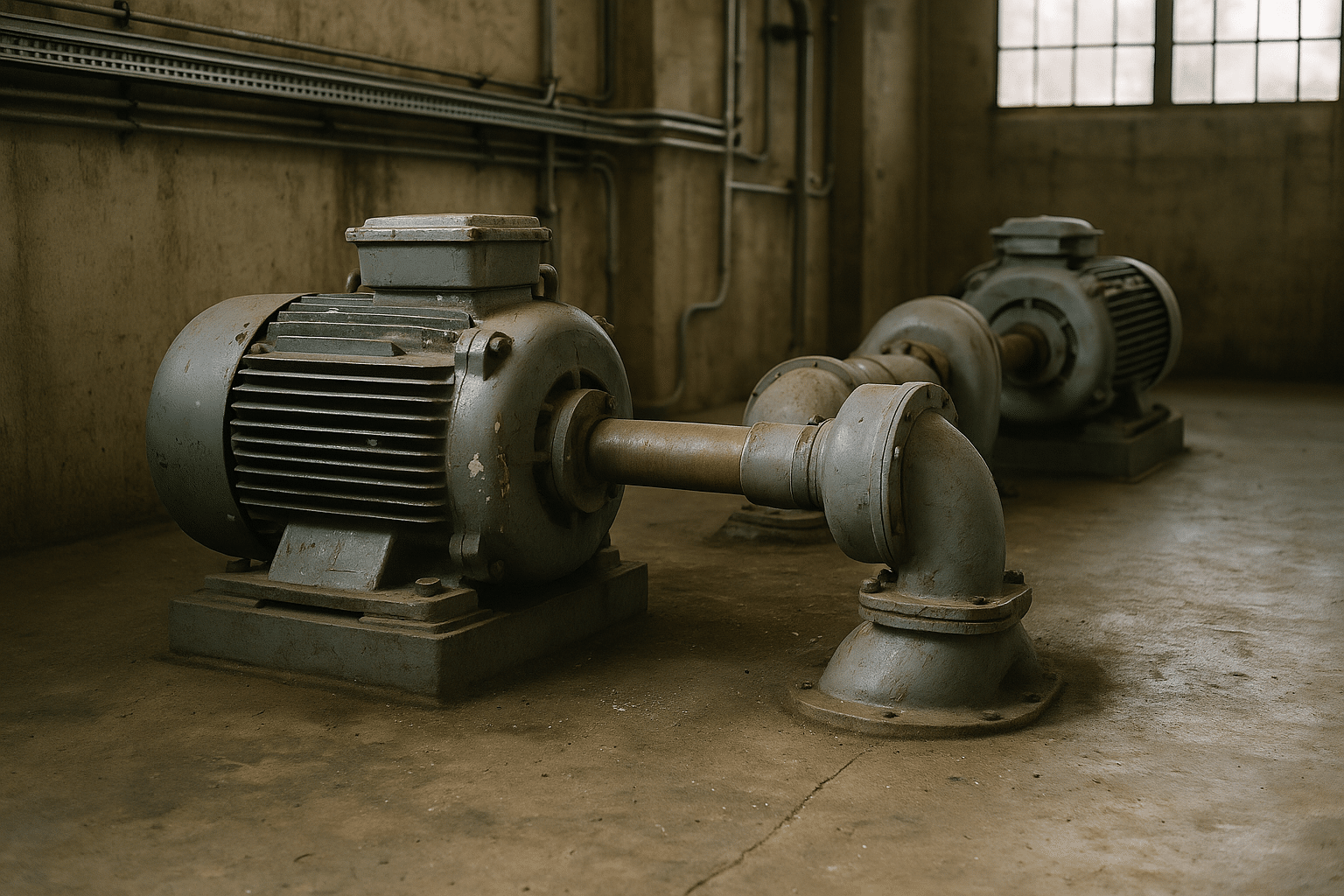
Common Electrical Issues and When to Call an Electrician
Introduction to Common Electrical Issues
In the modern home, electricity is the lifeblood that powers our daily lives. From lighting to appliances, and even our burgeoning smart home devices, the importance of a reliable electrical system cannot be overstated. However, with great reliance comes the inevitability of encountering electrical issues. Understanding these common problems and knowing when to call an electrician can prevent minor inconveniences from becoming major hazards.
Electricity is both a convenience and a potential danger. While some issues may seem trivial, they can be indicators of underlying problems that require professional attention. Addressing electrical issues promptly not only ensures the smooth operation of your home but also safeguards against potential safety risks.
Flickering Lights: A Common Nuisance
Flickering lights can be more than just a minor annoyance; they can signify a variety of underlying issues. Sometimes, the cause is as simple as a loose bulb or a faulty light fixture. However, persistent flickering could indicate more significant problems such as voltage fluctuations or loose wiring.
Voltage fluctuations can be caused by large appliances drawing excessive power, leading to inconsistent lighting. In such cases, it might be necessary to redistribute the load across different circuits or consult an electrician to assess the electrical panel’s capacity. Loose wiring, on the other hand, poses a fire risk, and should be addressed immediately by a professional.
Before calling an electrician, you might want to check the bulb and fixture connections. If the problem persists, it’s time to bring in an expert to diagnose and resolve the issue safely.
Overloaded Circuits: A Hidden Hazard
Overloaded circuits are a common issue in homes with an abundance of electrical devices and insufficient outlets. This can lead to frequent tripping of circuit breakers, a clear sign that your home’s electrical system is under strain. While resetting a tripped breaker is a straightforward task, repeated occurrences indicate a need for professional evaluation.
Overloading occurs when the demand for electricity exceeds the circuit’s capacity, leading to overheating and potentially causing a fire. Solutions may include redistributing devices across different circuits, upgrading the electrical panel, or adding additional circuits to accommodate the growing demand.
Consulting an electrician is crucial in such scenarios. They can assess your home’s electrical needs, recommend upgrades, and ensure that your system can handle your lifestyle safely and efficiently.
Frequent Circuit Breaker Trips: When to Seek Help
Circuit breakers are designed to protect your home by cutting off the electrical flow when there is an overload or a short circuit. However, frequent tripping is a sign that something is amiss. While occasional trips may occur, consistent issues require attention.
Common causes include overloaded circuits, short circuits, and ground faults. Short circuits occur when a hot wire comes into contact with a neutral wire, causing a surge of electricity. Ground faults happen when electricity escapes the intended path, posing a shock hazard. Both scenarios require immediate attention to prevent further damage or injury.
If you experience frequent breaker trips, it’s advisable to call an electrician. They can identify the root cause and make necessary repairs to ensure your home’s electrical system operates safely and effectively.
Electrical Shocks: A Serious Concern
Experiencing an electrical shock from an appliance or outlet is alarming and should not be ignored. Even minor shocks indicate a problem that could escalate into a more dangerous situation. Common causes include faulty appliances, improper grounding, and outdated wiring.
Faulty appliances can leak electricity due to damaged cords or internal issues. Improper grounding, on the other hand, means that electricity is not being safely redirected into the earth, increasing the risk of shock. Outdated or damaged wiring can also lead to electrical leakage.
Addressing electrical shocks requires professional intervention. An electrician can conduct a thorough inspection, identify the source of the problem, and implement solutions to prevent future occurrences, ensuring the safety of your household.
Conclusion: Ensuring Electrical Safety
In summary, while some electrical issues may seem minor, they can often be indicative of more serious problems. Understanding common electrical issues and knowing when to call an electrician is crucial for maintaining safety and functionality in your home. By addressing these issues promptly, you can prevent potential hazards and ensure that your electrical system operates efficiently.
Remember, electricity is not something to be taken lightly. When in doubt, consulting a professional is always the safest option. An experienced electrician can provide peace of mind, knowing that your home is not only operational but also safe from electrical hazards.


